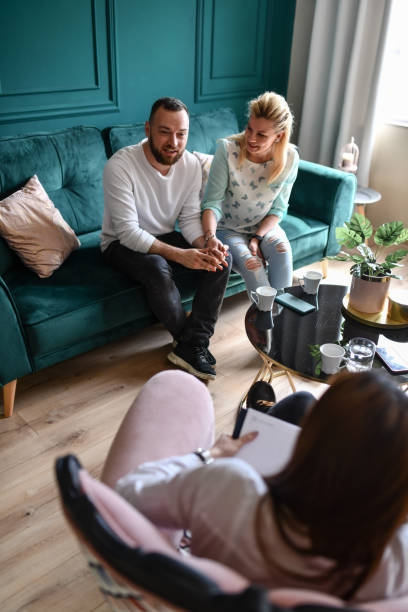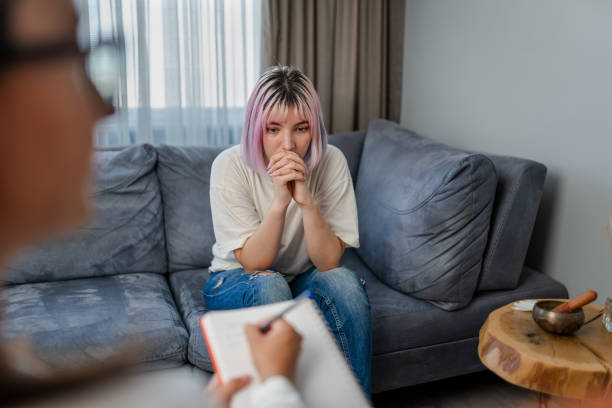

“The best way to find yourself is to lose yourself in the service of others.” — Mahatma Gandhi
Relationships are an integral part of our lives, influencing our happiness, self-esteem, and overall well-being. However, issues within these relationships can lead to significant emotional distress. While couples therapy is often recommended for relationship challenges, individual therapy can also provide valuable insights and support for those struggling with relational problems. Here, we explore how individual therapy can help individuals navigate their relationship issues, fostering personal growth and healthier connections.
Relationship issues refer to challenges or conflicts that arise between individuals in a relationship, whether it be romantic, familial, or platonic. These problems can impact emotional well-being, communication, and overall satisfaction within the relationship. Here are some common types of relationship issues:


Loneliness can be a challenging emotion to face, but it is also an opportunity for growth and deeper self-awareness. Therapy offers a supportive space to explore your feelings, build a stronger connection with yourself, and develop healthier relationships with others. Through therapy, you can start to feel more seen, understood, and connected—both to yourself and the world around you.

Welcome to Psychology and Beyond, LLC. Our core values include a celebration of diversity, a strength-based approach, and connectedness.
Seamlessly visualize quality intellectual capital without superior collaboration and idea sharing listically
© 2022 • Psychology and Beyond, LLC
Design and Developed by Algor Labs brand of Split Arts